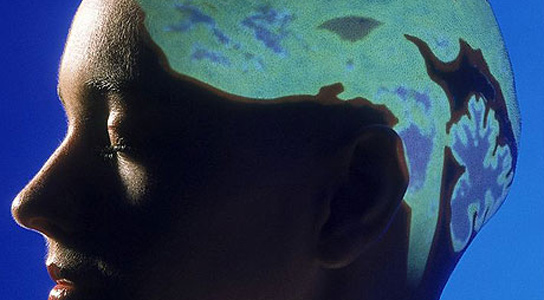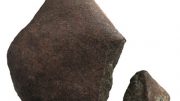
Contrary to popular belief, the brain does not record memories like a tape recorder. Credit: Rex/Sunset
Each time a memory is recalled, the memory is imperfectly re-stitched by the brain. Memories retain familiarity but can be filled with holes that have worn down with time.
Research has shown that it is fairly easy to take advantage of our fallible memory. Simply changing a word in a question can contort what people recall. The techniques used to implant false memories in psychological experiments are precisely the same ones used by repression therapists to recover supposedly buried traumas.
Quickly incepted false memories are something that is possible. Researchers showed that slideshows with narration, as well as the manipulation of certain key slides in the narration sequence, allowed them to manipulate the participants’ memories. They tested to see if false memories could be separated from wrong ones and to see if false memories incepted by the narrations struck in the participants’ minds.
A year and a half later, the same slides were presented to the participants. This time, the experimenters asked the subjects what would happen next, before showing key slides. The researchers noted that the briefly introduced false memory from the experimental setting had the same strength as true memory.
Misinformation is just as enduring as truth, and can even increase in strength over time. Distinguishing between a false and true memory based on strength of recall seems to be a futile exercise.









Be the first to comment on "New Study Indicates False Memories Linger For Years"